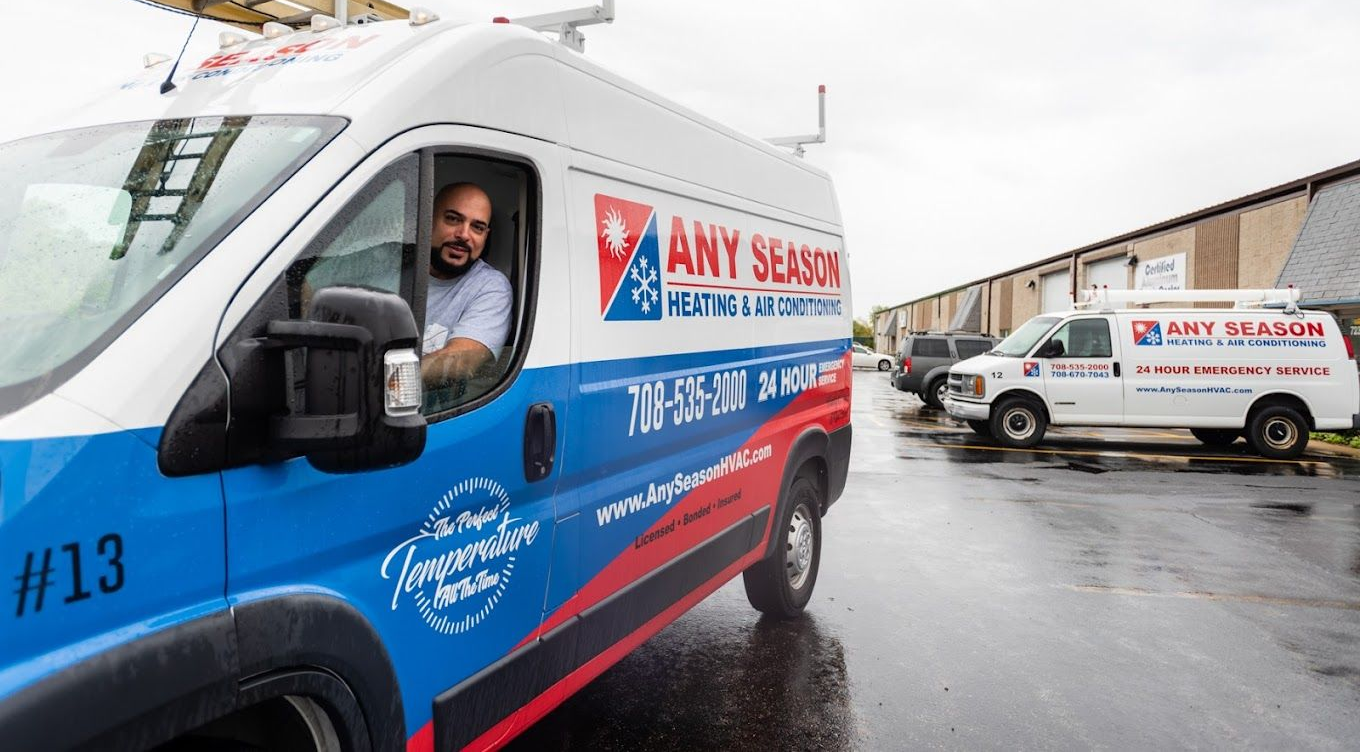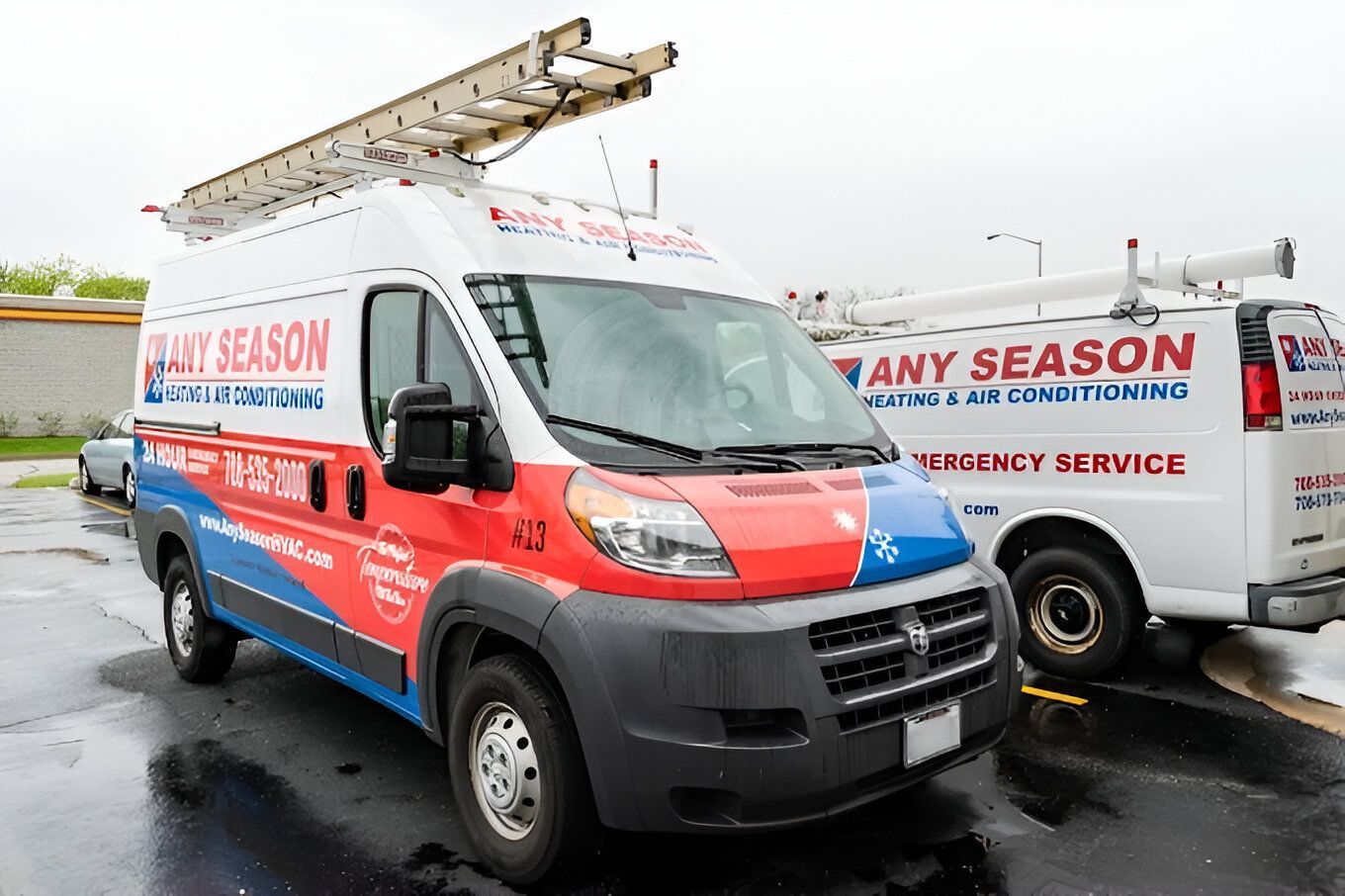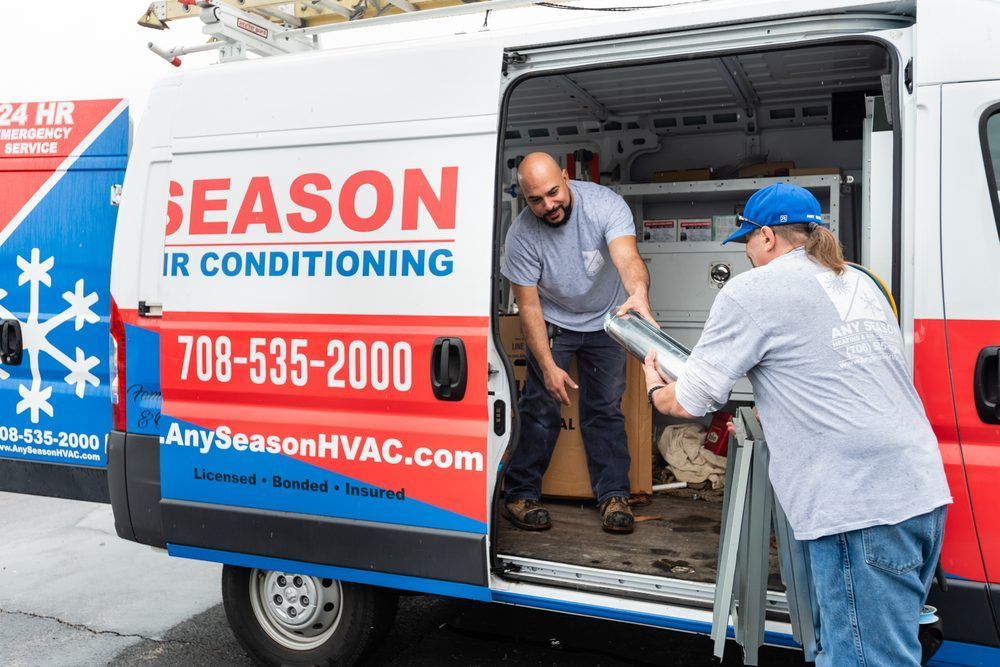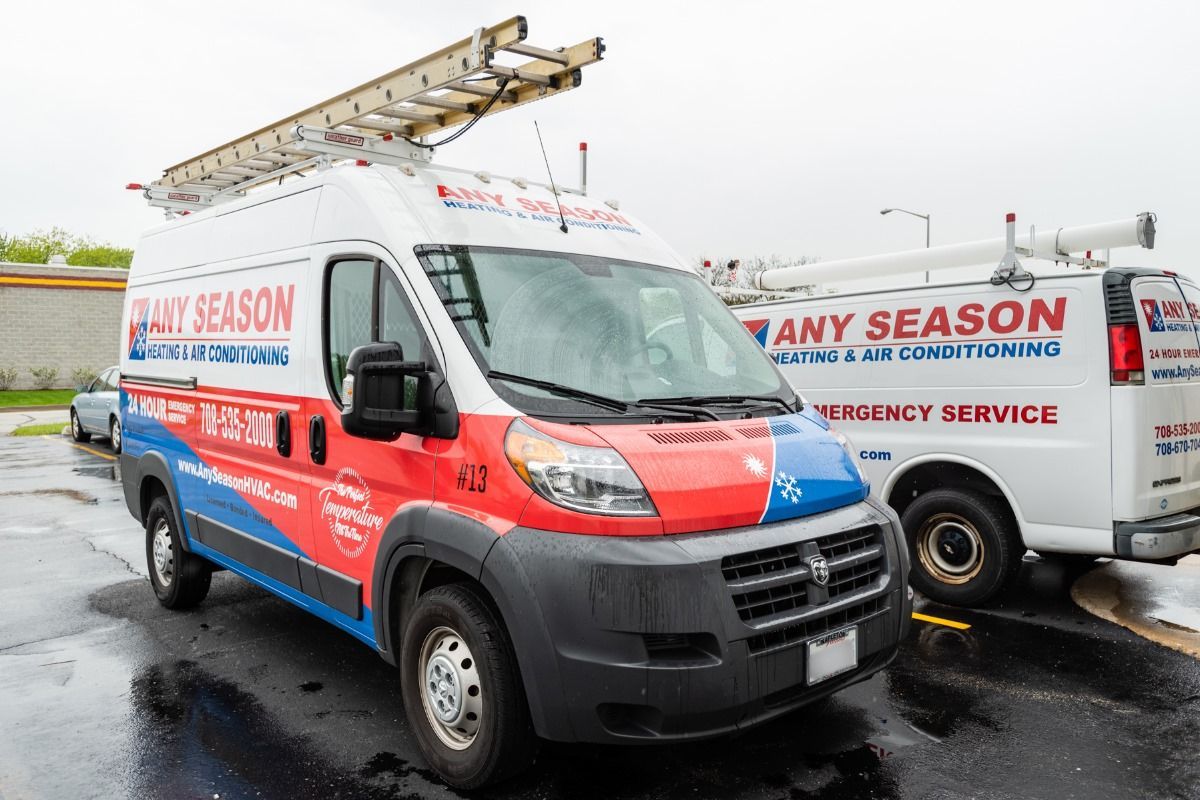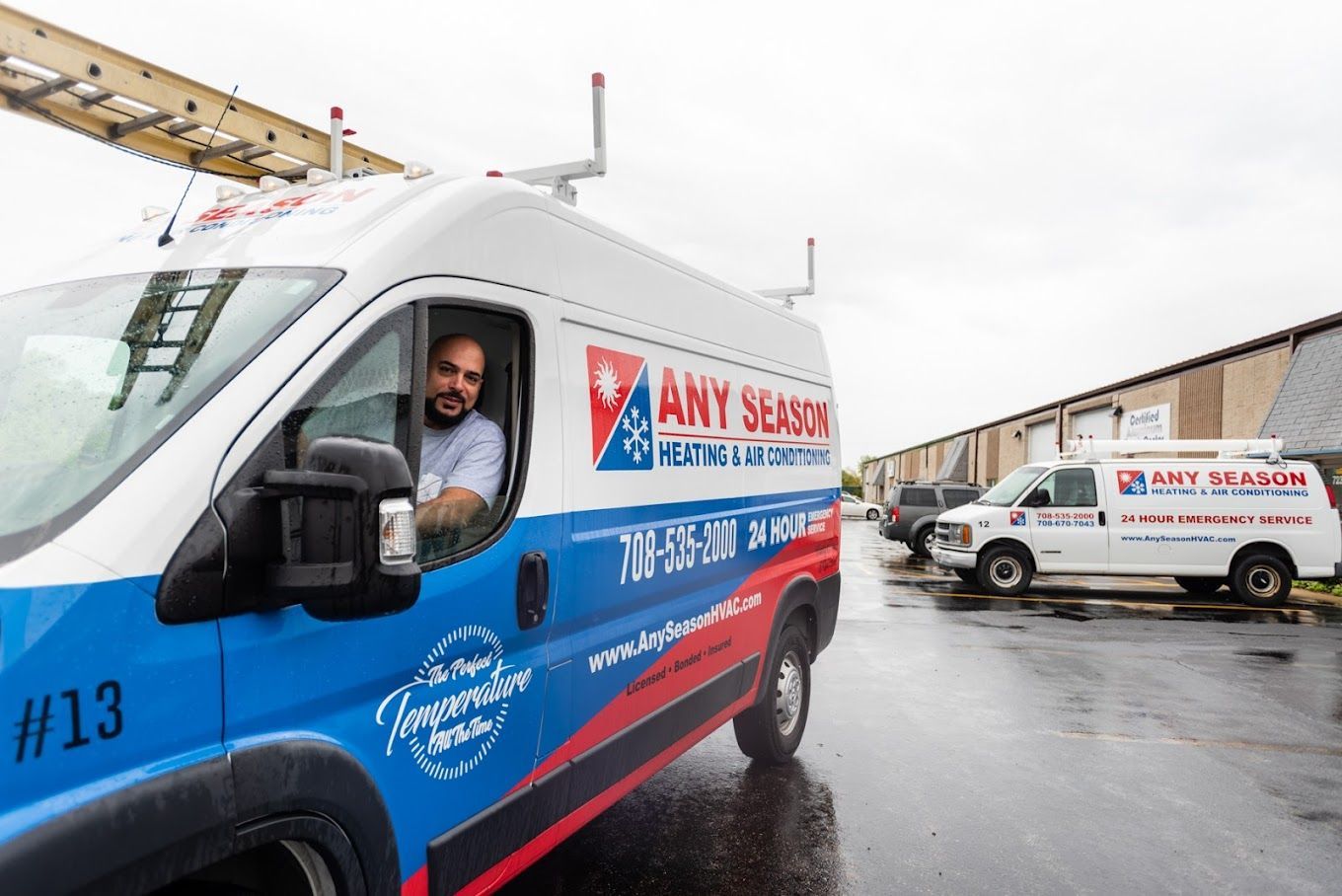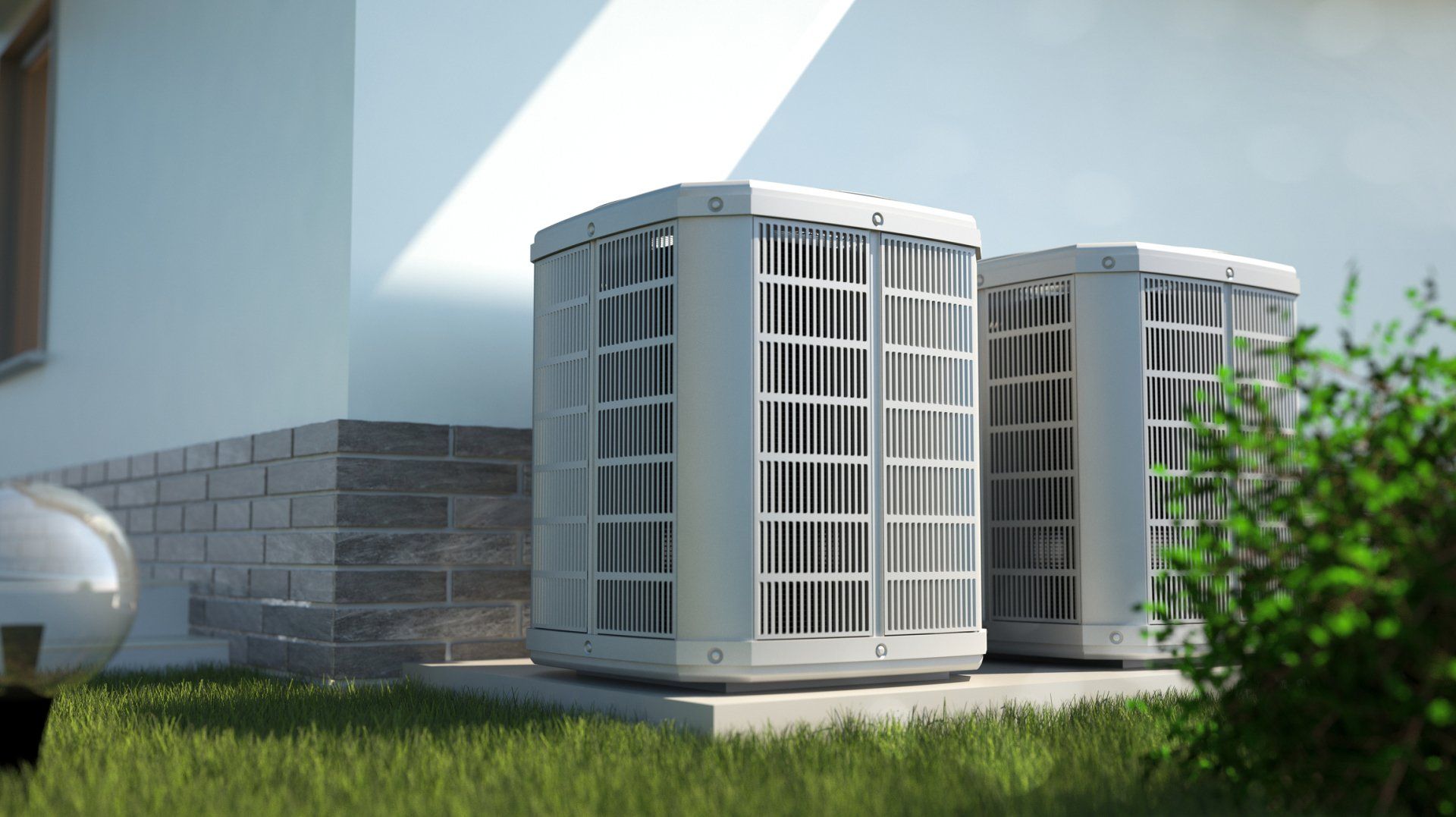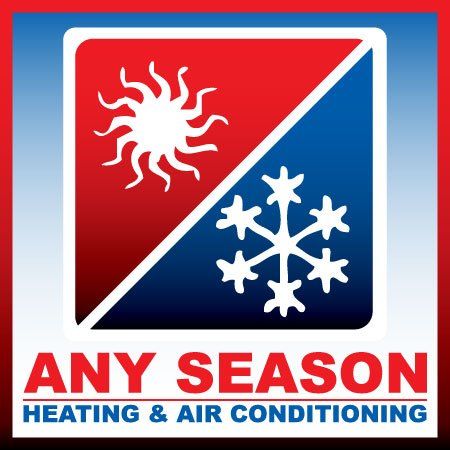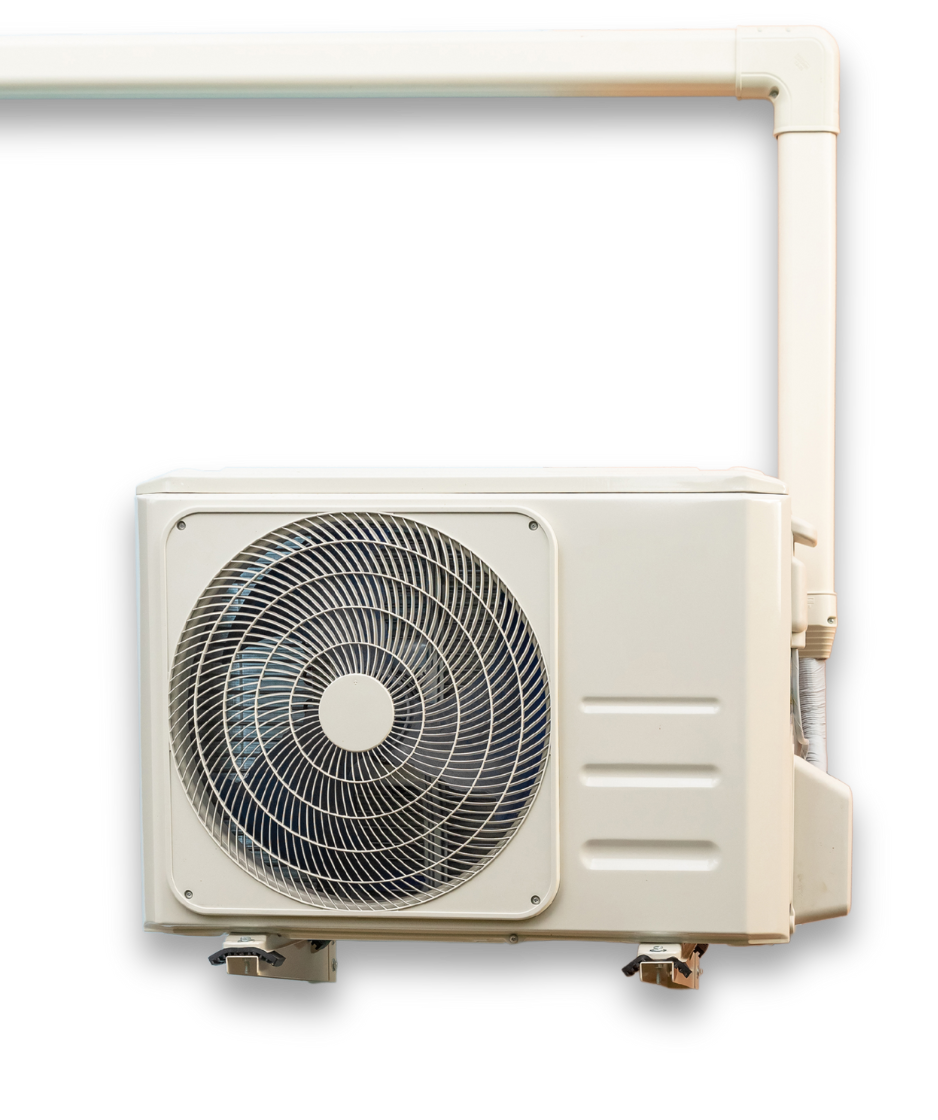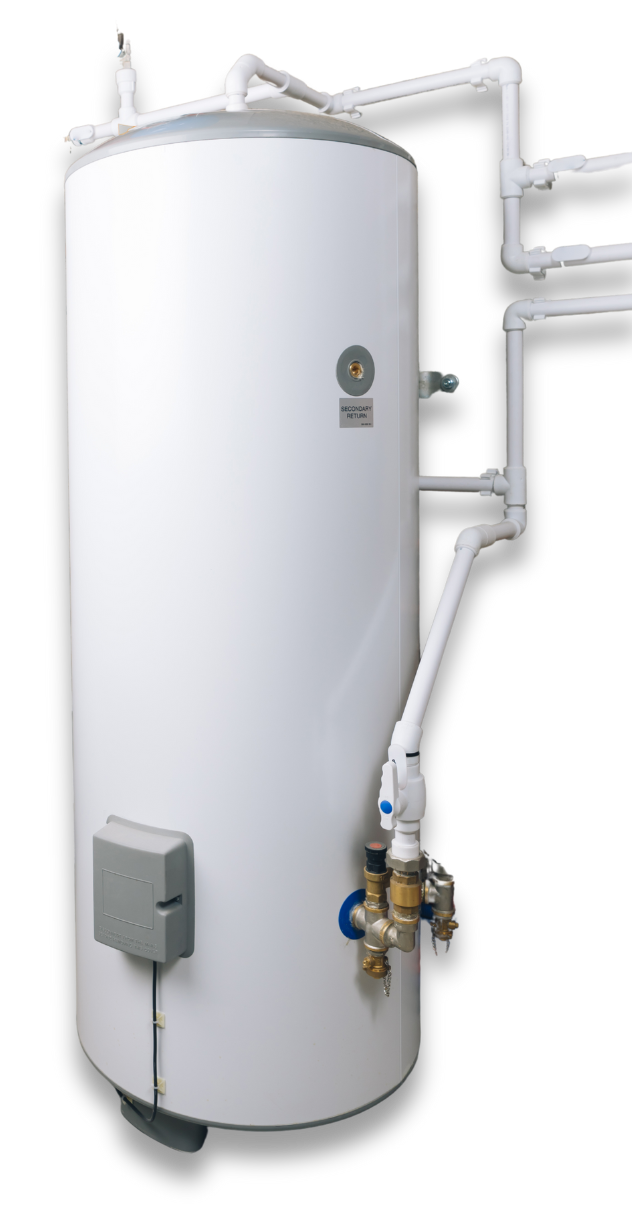Your Gas Furnace Maintenance & Inspection Checklist
Any Season HVAC • November 3, 2022
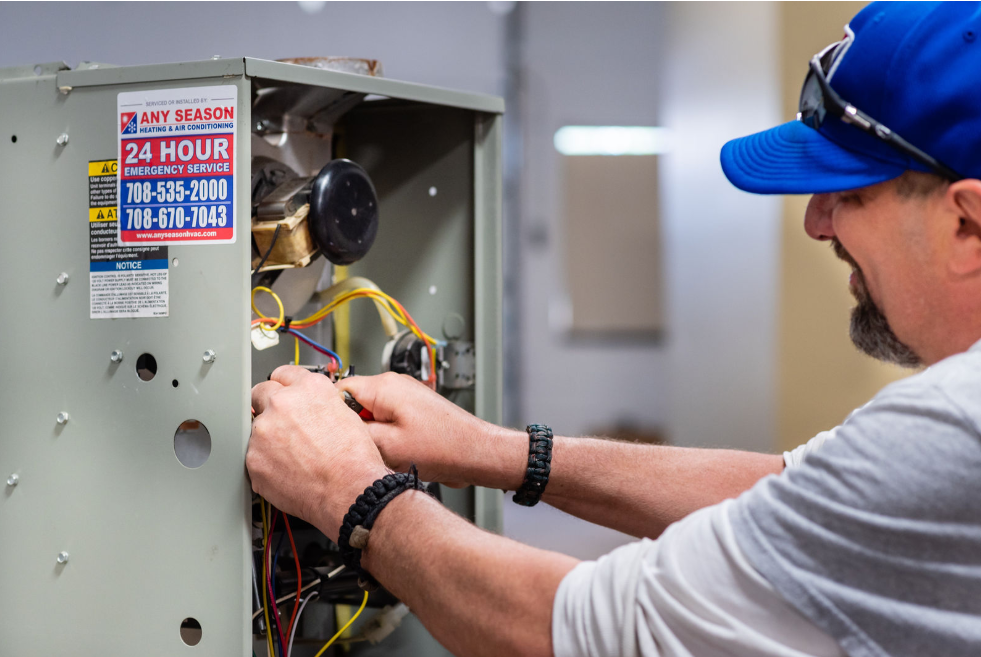
As winter approaches, we will heavily rely on our heating systems to keep our homes warm throughout the season. Therefore, you should check your gas furnace inspection off the list as part of your winter preparation. An inspection will ensure that your unit operates efficiently and with minimal problems.
Here are essential components in the inspection checklist that a heating, ventilation, and air conditioning (HVAC) professional will present to you.
The inspection specialist will check if your thermostat is accurate according to the gas furnace's standards. They can use a thermometer to recalibrate it and then clean off any dust and smoke accumulated on the thermal coupling that might inhibit its operation.
The filters block any impurities that might affect the home environment. You should replace the gas furnace filters regularly, especially before heavy use seasons like the winter. Additionally, pets and family members with allergies might increase the necessary frequency of filter changes.
A visual, auditory, or scent inspection will highlight if the heat exchange requires cleaning, repair, or replacement. Some noticeable signs of damage that should worry you include strange smells, soot build-up, cracks, and irregular noises.
The inspection technician will evaluate the blower components and check if they work as expected. The blower fan should rotate with minimal noise and vibration. If the fans have any issues, lubrication or replacement can help according to the severity of the problem. Also, the technician can remove and clean the whole compartment to remove any soot or debris build-up.
The smoke and carbon monoxide detectors are not part of the gas furnace system but complement its operation. The inspector can replace the smoke and carbon monoxide detector batteries since they offer essential information to prevent air contamination from these hazardous substances.
The venting system is a safety mechanism as it pulls away gas from your home through the flue pipes. Signs of damage like corrosion, cracks, improper condensation, and blockage can decrease the functionality of the furnace venting system.
The inspection professional should check if the panels have a tight fit. Loose panels can cause your furnace to vibrate when under operation or expose your home to poisonous carbon monoxide that leaks from inside.
The gas line supplies your furnace with the required fuel to operate while the valve controls the amount of gas supplied to your furnace. Any leak highlighted by propane scent or hissing sound indicates the gas line or valve is compromised and will require immediate repairs before operation.
The burner requires regular cleaning as soot and condensation can gradually age the furnace before its estimated end-of-life period. While the inspector evaluates and cleans the burner, they can also include the flame sensor, which detects when the pilot light is on.
Drain pipes remove excessive condensation from the heat exchange and vent, which might affect its optimal operation. The specialists should flush the drain pipes and check for loose connections, cracks, and holes.
The control system detects defects that standard inspection cannot see, like a furnace overload. Therefore, the specialist should evaluate the control board and check its performance to ensure it can detect any malfunctions.
Most of the components in this checklist will require considerable expertise to check, clean, and repair. Therefore, you should talk with an HVAC expert that can visit your home and perform an extensive inspection. The professional will have the required tools, spare parts, and knowledge to leave your gas furnace operating smoothly before the winter. Visit us at Any Season Heating & Air Conditioning to book an appointment.
Thermostat
The inspection specialist will check if your thermostat is accurate according to the gas furnace's standards. They can use a thermometer to recalibrate it and then clean off any dust and smoke accumulated on the thermal coupling that might inhibit its operation.
Filters
The filters block any impurities that might affect the home environment. You should replace the gas furnace filters regularly, especially before heavy use seasons like the winter. Additionally, pets and family members with allergies might increase the necessary frequency of filter changes.
Heat Exchanger
A visual, auditory, or scent inspection will highlight if the heat exchange requires cleaning, repair, or replacement. Some noticeable signs of damage that should worry you include strange smells, soot build-up, cracks, and irregular noises.
Blower and Motor
The inspection technician will evaluate the blower components and check if they work as expected. The blower fan should rotate with minimal noise and vibration. If the fans have any issues, lubrication or replacement can help according to the severity of the problem. Also, the technician can remove and clean the whole compartment to remove any soot or debris build-up.
Smoke and Carbon Monoxide Detector
The smoke and carbon monoxide detectors are not part of the gas furnace system but complement its operation. The inspector can replace the smoke and carbon monoxide detector batteries since they offer essential information to prevent air contamination from these hazardous substances.
Venting
The venting system is a safety mechanism as it pulls away gas from your home through the flue pipes. Signs of damage like corrosion, cracks, improper condensation, and blockage can decrease the functionality of the furnace venting system.
Panels
The inspection professional should check if the panels have a tight fit. Loose panels can cause your furnace to vibrate when under operation or expose your home to poisonous carbon monoxide that leaks from inside.
Gas Line and Valve Assembly
The gas line supplies your furnace with the required fuel to operate while the valve controls the amount of gas supplied to your furnace. Any leak highlighted by propane scent or hissing sound indicates the gas line or valve is compromised and will require immediate repairs before operation.
Burner
The burner requires regular cleaning as soot and condensation can gradually age the furnace before its estimated end-of-life period. While the inspector evaluates and cleans the burner, they can also include the flame sensor, which detects when the pilot light is on.
Drain Pipes
Drain pipes remove excessive condensation from the heat exchange and vent, which might affect its optimal operation. The specialists should flush the drain pipes and check for loose connections, cracks, and holes.
Controls
The control system detects defects that standard inspection cannot see, like a furnace overload. Therefore, the specialist should evaluate the control board and check its performance to ensure it can detect any malfunctions.
Most of the components in this checklist will require considerable expertise to check, clean, and repair. Therefore, you should talk with an HVAC expert that can visit your home and perform an extensive inspection. The professional will have the required tools, spare parts, and knowledge to leave your gas furnace operating smoothly before the winter. Visit us at Any Season Heating & Air Conditioning to book an appointment.

